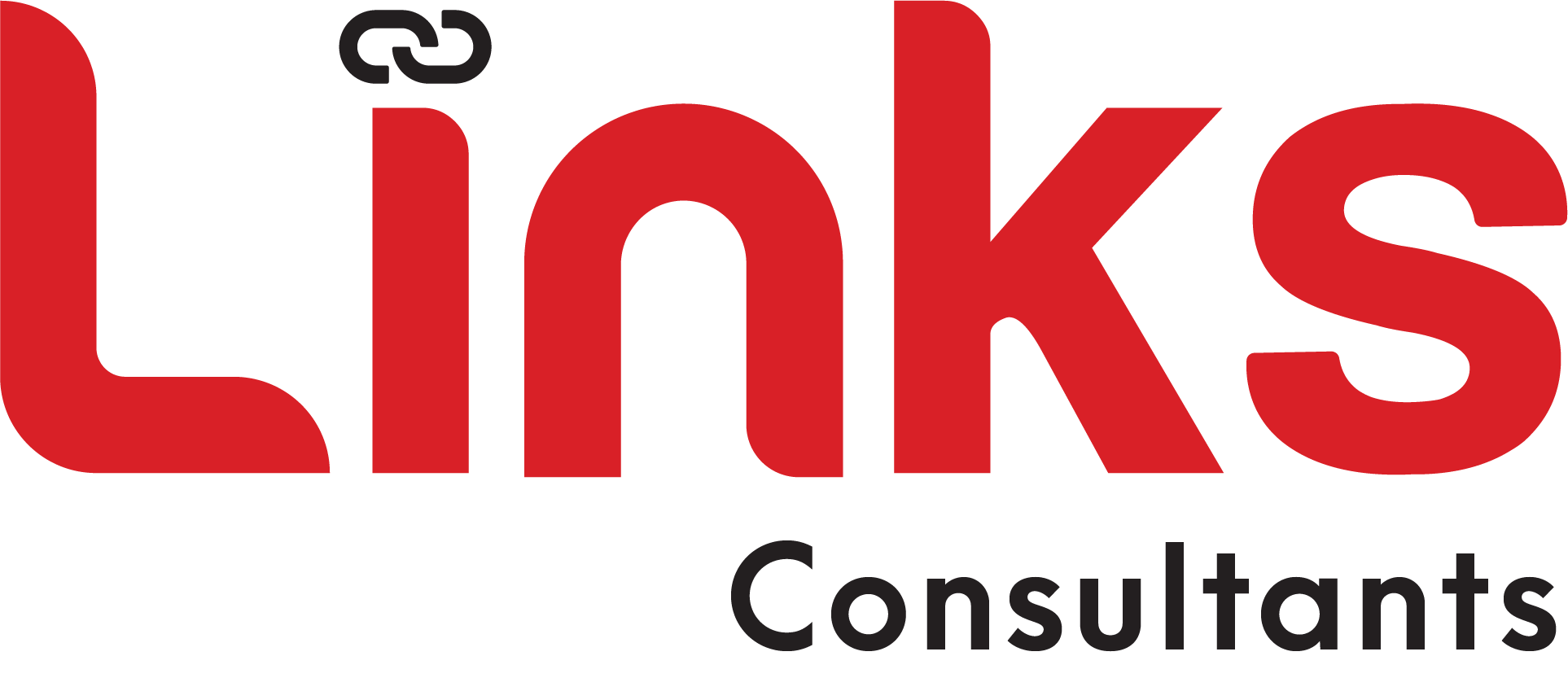Business setup UAE mistakes can cost entrepreneurs both time and money, especially when entering a new and highly regulated market like the United Arab Emirates. While the UAE has positioned itself as one of the top global destinations for investment and entrepreneurship, the process of establishing a company still requires a clear understanding of laws, licensing, and compliance obligations. Many investors are eager to launch but often make critical errors during the setup phase. To ensure your success, it is vital to understand the common mistakes when starting a business in the UAE, the ways to avoid them, and how to remain fully compliant with both MoHRE and tax regulations.
1. Choosing the Wrong Business Structure
One of the most frequent business setup UAE mistakes is selecting the wrong legal structure. Entrepreneurs often jump into the process without fully assessing their operational needs. The UAE offers multiple structures—mainland companies, free zone entities, and offshore companies—each with unique advantages and restrictions.
- Mainland companies allow direct access to the UAE market but require adherence to Department of Economic Development (DED) regulations.
- Free zone entities provide 100% foreign ownership, simpler processes, and industry-focused hubs, yet direct trade within the mainland is restricted.
- Offshore companies are best suited for international trading and asset management but cannot conduct local business activities.
How to avoid this issue: Always begin by defining your business goals clearly. Are you targeting the UAE domestic market or operating internationally? Consulting professionals who specialize in company formation ensures that the chosen structure aligns with your long-term vision.
2. Misinterpreting Licensing Requirements
Every business in the UAE must operate under a valid license, yet many investors make the mistake of applying for the wrong category. Licensing errors are among the most common mistakes when starting a business UAE, leading to delays, penalties, or even license cancellation.
Whether it’s commercial, professional, or industrial, each license is tied to specific activities. Operating outside this scope can attract heavy fines. For instance, an e-commerce business applying for a professional license instead of an e-trade license will face compliance challenges.
How to avoid this issue: Identify your exact activities and match them with the correct license. If you are unsure, seek assistance from trusted advisors who understand the UAE’s extensive licensing framework across both mainland and free zones.
3. Overlooking MoHRE Compliance
Labor law is another area where many businesses falter. The Ministry of Human Resources and Emiratisation (MoHRE) regulates employer-employee relationships for mainland companies. Ignoring these obligations is one of the more serious business setup UAE mistakes.
Employers are required to:
- Register their businesses with MoHRE if hiring staff.
- Issue official labor contracts.
- Pay salaries via the Wages Protection System (WPS).
- Stay aligned with Emiratisation requirements for certain industries.
How to avoid business setup issues in Dubai on this front: Build MoHRE compliance into your planning from the start. Ensure your UAE business is MoHRE and tax compliant to avoid fines, disputes, and reputational risks.
4. Neglecting Tax and Accounting Responsibilities
The UAE has transitioned into a regulated tax jurisdiction with the introduction of Value Added Tax (VAT) and Corporate Tax. Yet many businesses still assume that the UAE remains tax-free, leading to overlooked obligations. This mistake can expose companies to audits and fines.
Steps to avoid this mistake:
- Register for VAT if your turnover exceeds AED 375,000 annually.
- Understand corporate tax requirements, including the 9% rate applicable to many businesses.
- Keep accurate records in line with International Financial Reporting Standards (IFRS).
Neglecting tax obligations is not only costly but also undermines credibility with both clients and authorities.
5. Attempting a DIY Business Setup
Finally, one of the biggest pitfalls is trying to handle the entire setup process alone. The UAE’s system is streamlined, but it still requires navigating multiple authorities, documentation, and compliance checkpoints. Without professional support, mistakes become inevitable.
How to avoid this mistake: Work with qualified consultants who understand both free zone and mainland processes. Expert guidance saves time, reduces risks, and ensures that your business is compliant from the start. Instead of getting lost in paperwork and approvals, you can focus on scaling operations and building your client base.
Conclusion
Setting up a company in the UAE can be the gateway to global success, but avoiding business setup UAE mistakes is essential. From choosing the wrong business structure and license to overlooking MoHRE and tax compliance, the risks are significant. By understanding the common mistakes when starting a business in the UAE and knowing exactly how to avoid business setup issues in Dubai, entrepreneurs can ensure a smooth and profitable entry into one of the world’s most dynamic economies.
Above all, remember to ensure your UAE business is MoHRE and tax compliant from the beginning. With the right planning and professional support, you can transform challenges into opportunities and make your UAE business venture a long-term success.

